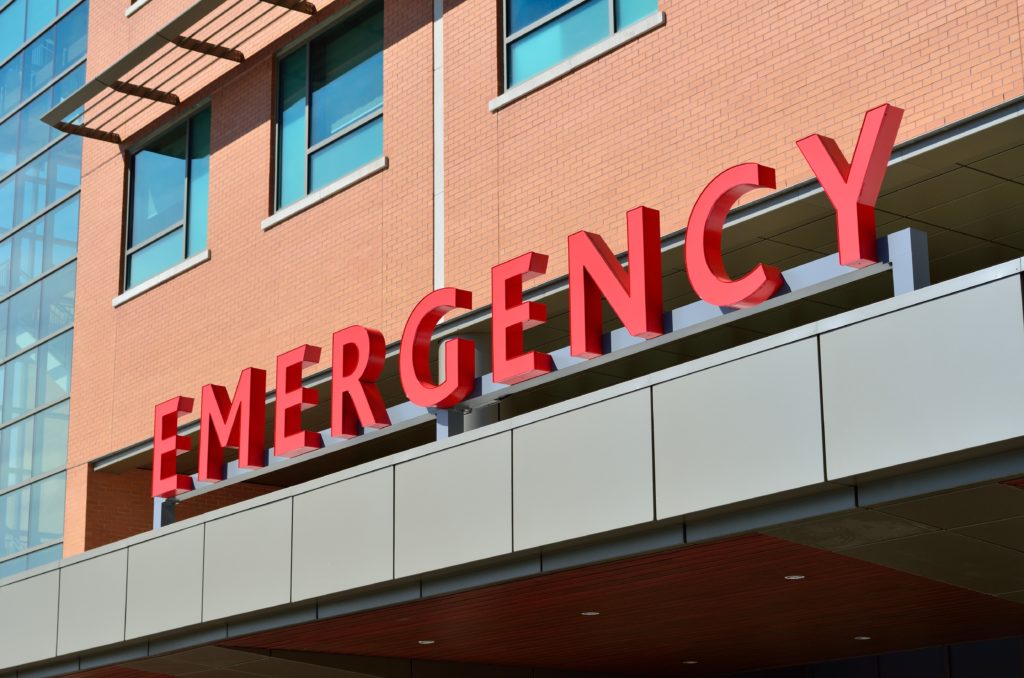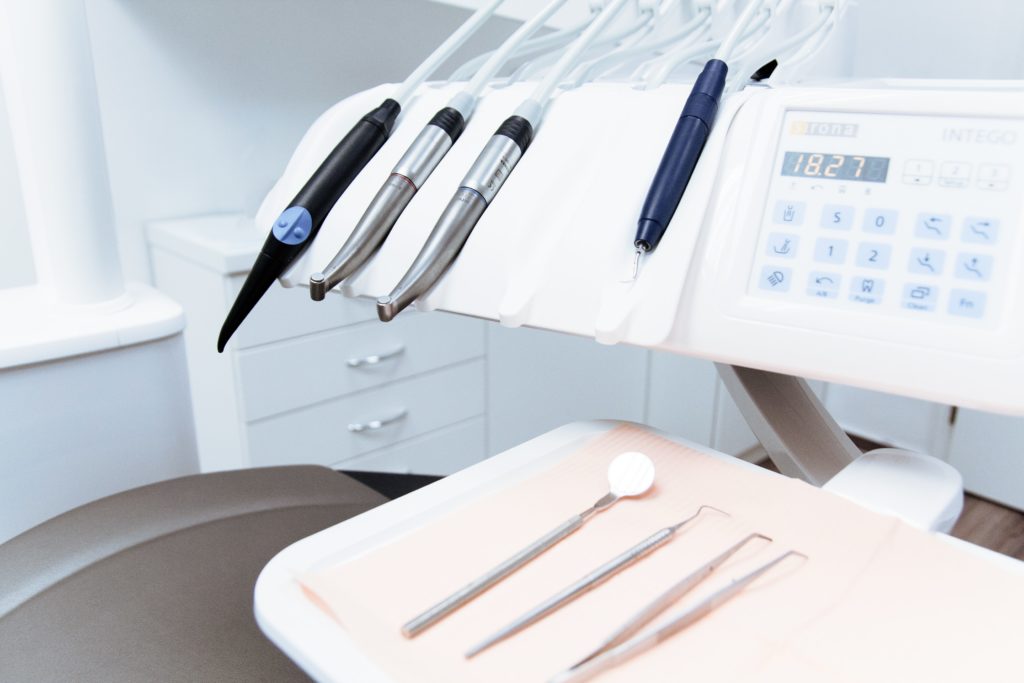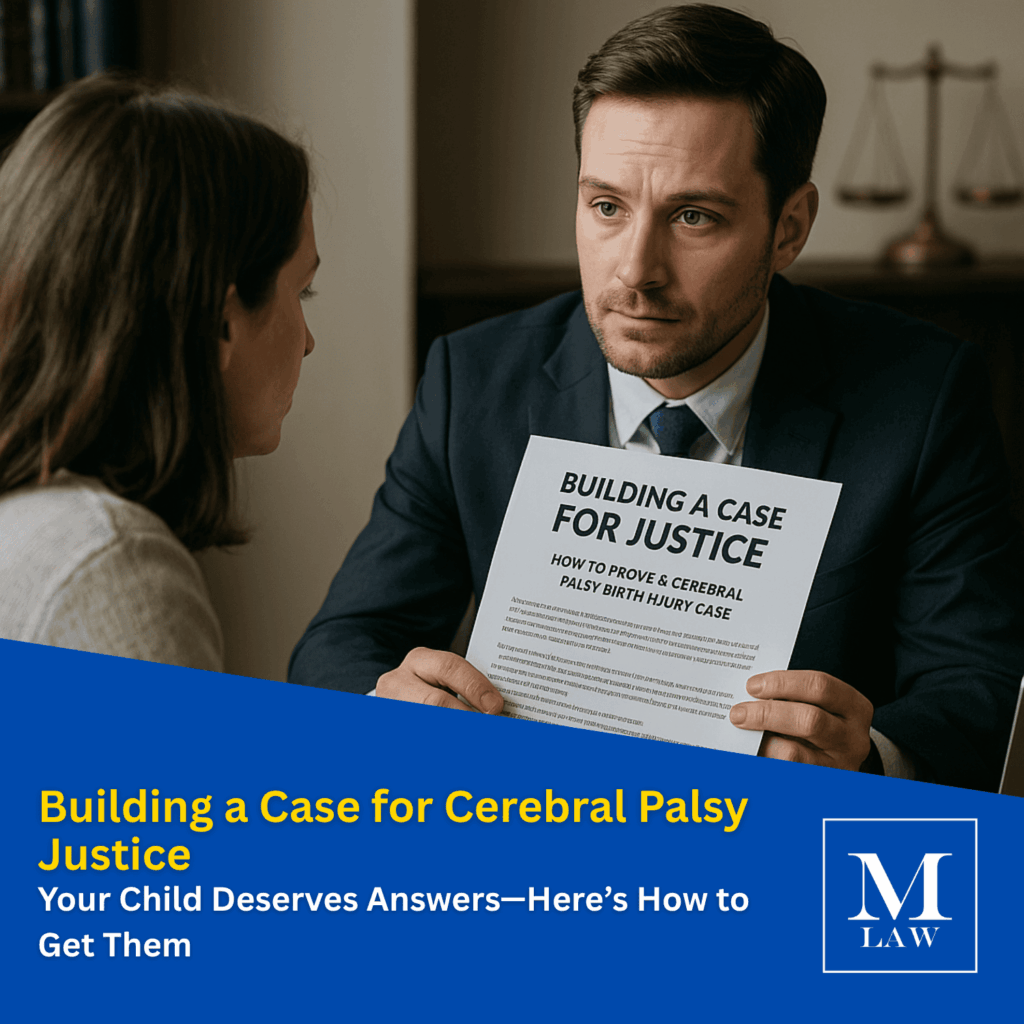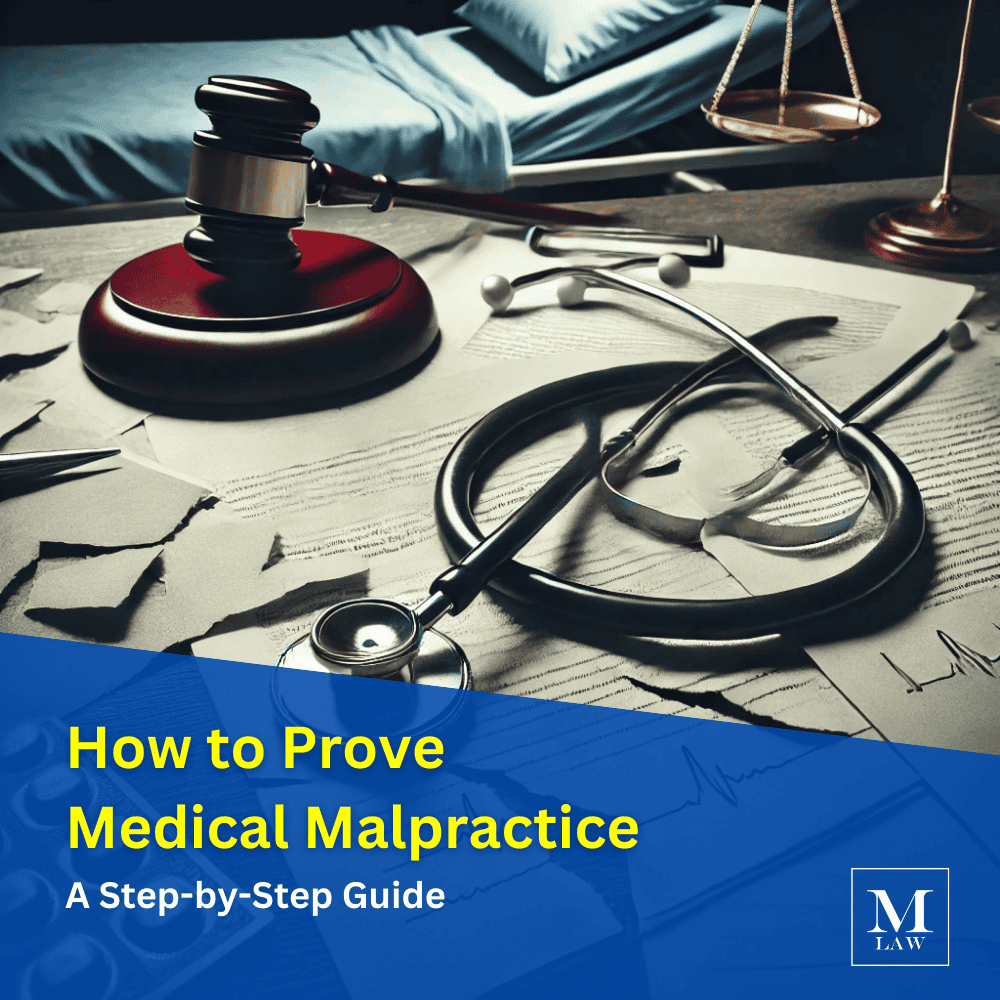Misdiagnosis and Failure to Diagnose
Almost 12 million Americans are misdiagnosed each year. In approximately half of those cases, the misdiagnosis has the potential to result in severe harm.
Missed or delayed diagnoses are major causes of malpractice complaints. When a doctor misdiagnoses a condition or, alternately, fails to diagnose a condition for some period of time, the patient could miss treatment opportunities that might have presented serious harm or death.
The first step after admittance to a hospital, medical clinic, emergency room, dental office or any other professional medical establishment is diagnosis. Correctly diagnosing symptoms is critical to providing medical care to any patient, however sometimes an error in diagnosis can occur in cases where symptoms may not be readily apparent or telling.
Common types of misdiagnosis include:
- Failure to Diagnose Cancer
- Misdiagnosis of Symptoms of Impending Heart Attack
- Misdiagnosis of Stroke
- Failure to Recognize DVT and Pulmonary Embolism
- Misdiagnosis of Diabetes
- Failure to Recognize Meningitis
- Failure to Diagnose Appendicitis
If a patient is not treated properly due to a mistake in diagnosis, the doctor may be held liable for any further injury or damages.
A misdiagnosis case may involve a wrong diagnosis, a missed diagnosis, a delayed diagnosis, or a failure to recognize complications that change or aggravate an existing condition. Sometimes a doctor diagnoses one condition correctly but misdiagnoses another condition or fails to realize that there is a second diagnosis that needs to be made.

Misdiagnosis in the Hospital
Misdiagnosis in a hospital emergency room can be caused by the pressure and reduced time available to look into various diagnoses. Unusual illnesses, vague symptoms, or illnesses that are distinctive only to a particular population are more likely to be missed than more common illnesses or symptoms.
In most states, first responders (such as a firefighter or an EMT) are protected from lawsuits unless the first responder does something reckless or intentional. Hospitals however are not protected in this way.
Many doctors are not employees of the hospital in which they work. In most cases, a hospital cannot be held responsible for a non-employee’s negligence or malpractice.
On the other hand, when a patient goes to the emergency room, the hospital cannot tell the patient whether the doctor is employed by the hospital or not. An experienced medical malpractice lawyer or misdiagnosis lawyer can find instances like this to hold the hospital accountable for a doctor’s negligence.
Misdiagnosis Due to Poor Equipment
Another reason that misdiagnosis happens is a faulty lab result or test. Errors in test results can happen because of flawed equipment or human error. In some cases, a technician who administers the test inappropriately, or a secondary doctor who misreads a scan, resulting in a doctor making an incorrect diagnosis, can be held liable. If the hospital staff makes a mistake, the hospital can be held directly liable.

What Do I Need to Prove in a Failure to Diagnose Case?
If you are looking to sue for misdiagnosis or failure to diagnose, you’ll need to prove a few things.
First, you’ll need to provide proof that there was a doctor-patient relationship between you and the doctor that gave the incorrect diagnosis. This is the simplest step – you’ll generally only need to obtain and provide payment or insurance records.
Once you have established the relationship with your doctor, you will need to prove that your doctor failed to live up to the standard of care in diagnosing your condition, and that the doctor’s failure to diagnose or misdiagnosis actually caused an injury.
Both of these conditions must be met in order for your case to continue further.
Not every misdiagnosis can be classified as malpractice. Doctors are human too, and capable of mistake. To account for reasonable error, the “reasonable person standard” exists in malpractice law. Doctors are held to this standard, meaning a court will examine your case and decide whether your doctor was acting reasonably.
For example, if you have an extremely rare condition that is not prevalent in medical literature and your doctor fails to diagnose your illness, a court may determine that it is unreasonable to place the blame for your injury on your doctor. However, most misdiagnosis cases involve conditions that any other doctor in the same specialty should be able to diagnose properly.
On the other hand, if you are able to prove misdiagnosis, but you did not suffer an injury as a result of the misdiagnosis, your case will be dropped.
Most often, failure to diagnose cases involve disputes related to the applicable standard of care and whether the doctor’s failure to diagnose caused your injury. A misdiagnosis lawyer can help to settle these disputes in your favor.
How a Medical Malpractice Lawyer can Help You
Whether the doctor lived up to the standard of care will likely require an expert opinion. There are many factors involved in a misdiagnosis case that can affect the outcome of your lawsuit.
Additionally, most malpractice cases, including misdiagnosis, are settled outside of court. Generally speaking, a doctor or hospital will not agree to such conditions if you do not have a misdiagnosis lawyer.
Our team of medical malpractice lawyers can help you with your case. To get started, give us a call or fill out our simple case evaluation form.
For more information on medical malpractice law, visit our malpractice blog.








